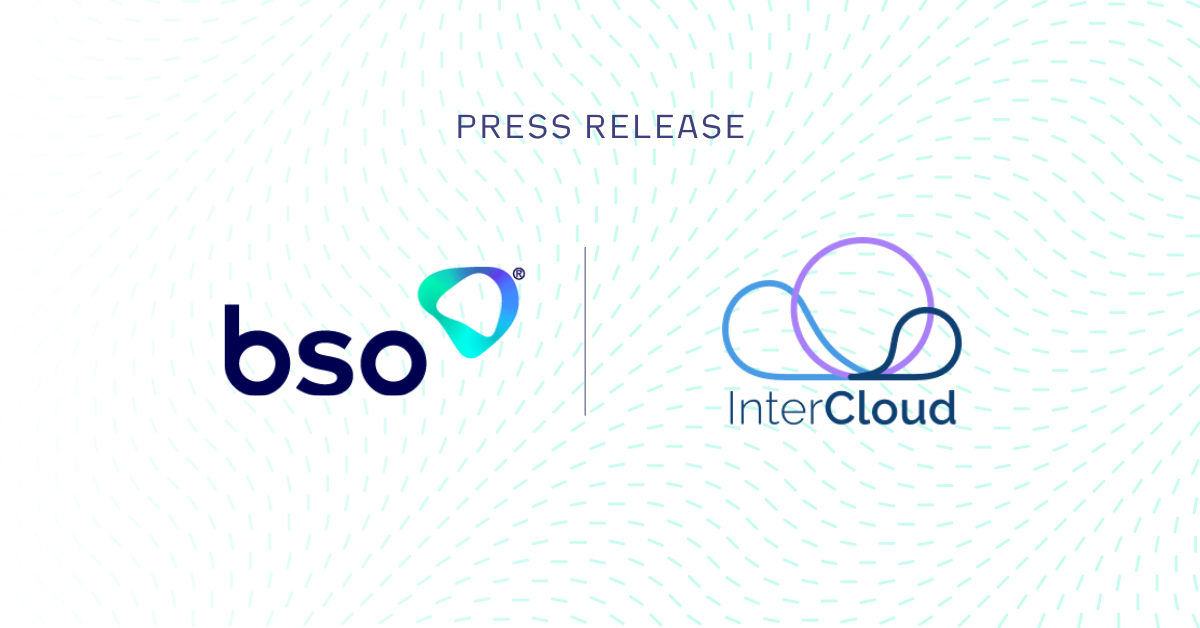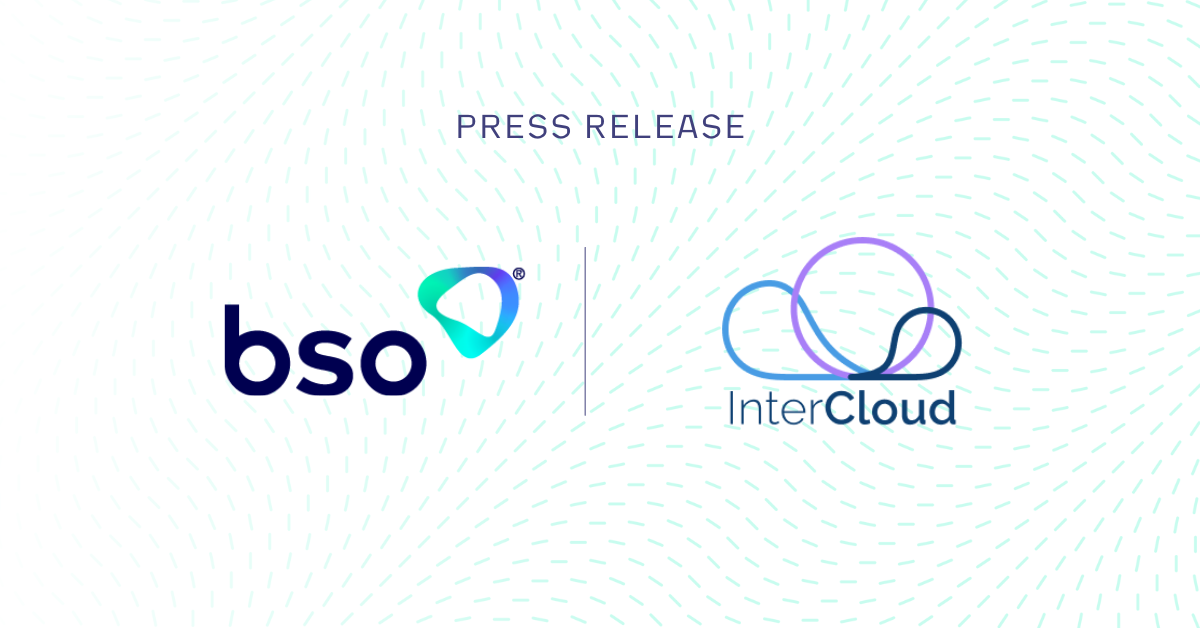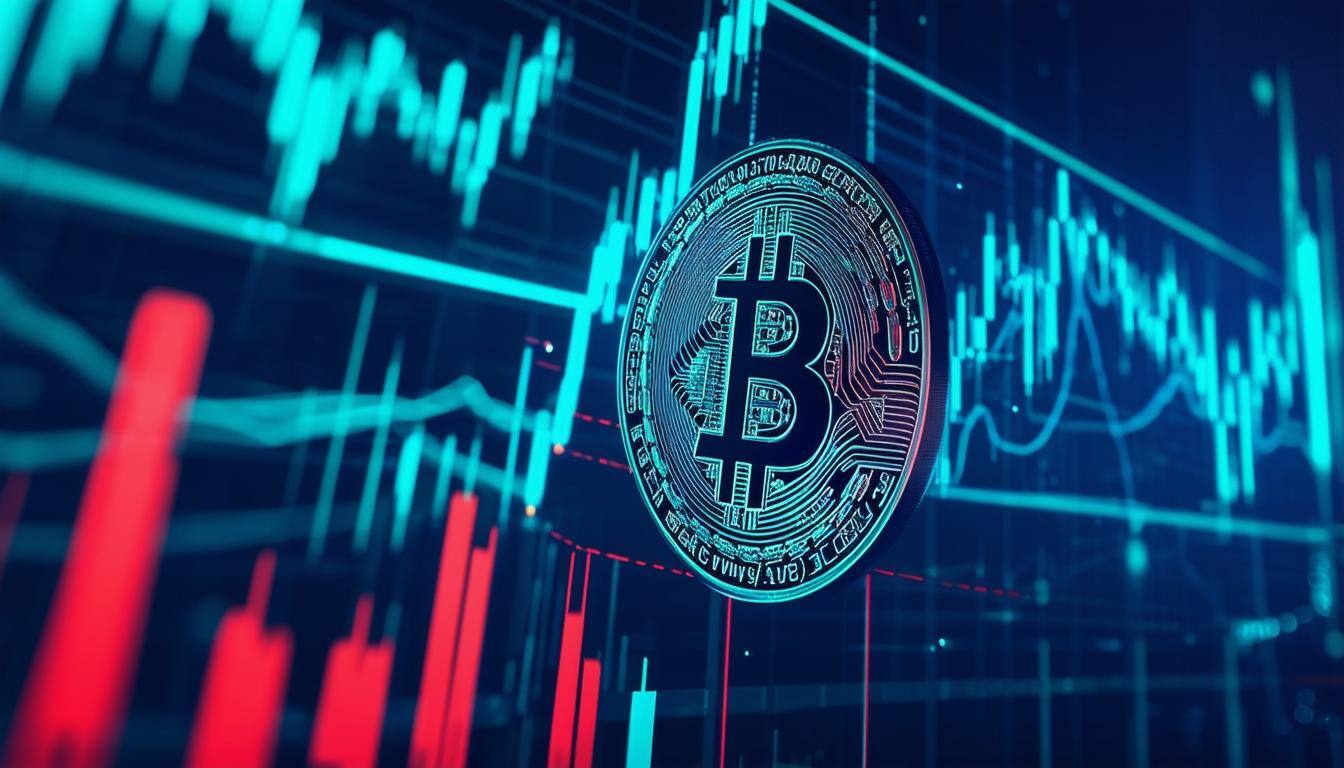
Chief Commercial Officer Fraser Bell looks at whether the complexity of subsea cabling could leave the EU’s bid to snatch euro trading away from the City sinking without a trace.
I know what you are thinking, what on earth does Blue Planet II have to do with Europe’s Brexit battle for London’s euro trading business? Well, believe it or not, the Ocean is as influential to how the euro is traded as Sir David Attenborough’s dulcet tones are to the great British public.
Last year, the European Central Bank (ECB) released a telling report revealing that undersea cables about the diameter of a skateboard wheel are vital to the competitive strength of financial centres.
Undersea cables about the diameter of a skateboard wheel are vital to the competitive strength of financial centres
The same study also claimed that taking euro trading from London post Brexit would involve building a “similarly-sized network of cables on the continent.”
There is no question that upgrading subsea infrastructure on this scale, while possible, is no drop in the ocean. To start with, the UK’s vast network of fibre-optic cables carries over 40 per cent of euro transactions.
It is hard to envisage this business immediately being disrupted – particularly with Brexit transitional agreements likely to be struck soon. Also, while they have not been around as long as the legend that is Sir David, these cables were first laid down in UK waters way back in the 1980s.
Legacy network infrastructure of this scale is, of course, one of the most difficult issues to grapple with. Developing new routes is always expensive, difficult to justify and often leads to a significant interruption in trading.
From Sennen Cove in Cornwall to Highbridge in Somerset, much of this trading business travels through a staggering 8,000 miles of cables lying deep beneath the UK seas.
These cables are laid by ships on the sea floor, along routes designed to avoid coral reefs, shipwrecks and trenches. And to avoid being easily damaged in shallow waters by ships and sharks, the cables tend to be much thicker nearshore.
While admittedly, these fibre-optic facts pale into insignificance in comparison to the ones delivered by the Blue Planet team, keep in mind that the cables underpinning euro trading are laid 1,400 meters deeper than the maximum depth a BBC technology crew can go. Now not even Sir David could pull that intel out of the bag.
The cables underpinning euro trading are laid 1,400 meters deeper than the maximum depth a BBC technology crew can go
This is not to say that similar network infrastructure can’t be built across mainland Europe. There have been numerous consortium-backed and private subsea cable projects successfully carried out. Many of which involved the complex layering of new trading routes to all parts of the world – including Asia, Africa and Latin America.
The key to success is having proven expertise in managing long-haul subsea connectivity, coupled with the agility to integrate multiple subsea cables. Ultimately, all electronic traders want the best possible latency to the most popular destinations at any given time.
With phase two of the Brexit negotiations well under way, it remains to be seen where all this political tit for tat between the UK and Europe will ultimately take euro trading in 2018.
However, like a giant pyjama shark failing to sink its jaws into an armored shelled octopus, hopefully any aggressive political moves to take business away from the City does not ultimately backfire on Europe’s trading community.
Think you might need to re-think your infrastructure in preparation for Brexit?
ABOUT BSO
The company was founded in 2004 and serves the world’s largest financial institutions. BSO is a global pioneering infrastructure and connectivity provider, helping over 600 data-intensive businesses across diverse markets, including financial services, technology, energy, e-commerce, media and others. BSO owns and provides mission-critical infrastructure, including network connectivity, cloud solutions, managed services and hosting, that are specific and dedicated to each customer served.
The company’s network comprises 240+ PoPs across 33 markets, 50+ cloud on-ramps, is integrated with all major public cloud providers and connects to 75+ on-net internet exchanges and 30+ stock exchanges. The team of experts works closely with customers in order to create solutions that meet the detailed and specific needs of their business, providing the latency, resilience and security they need regardless of location.
BSO is headquartered in Ireland, and has 11 offices across the globe, including London, New York, Paris, Dubai, Hong Kong and Singapore. Access our website and find out more information: www.bso.co
SALES ENQUIRY
Get in touch now. Find out how we can transform your business_
You might be interested in_
THE BSO DIFFERENCE
The industries we work across_





/Revolutionising-Connectivity%20BSOs-Tailored-Cloud-Solution-for-CryptoStruct-GmbH.png?width=1050&height=550&name=Revolutionising-Connectivity%20BSOs-Tailored-Cloud-Solution-for-CryptoStruct-GmbH.png)
/6%20Cloud%20Best%20Practices%20for%20Financial%20Technology%20Companies.jpg?width=1200&height=600&name=6%20Cloud%20Best%20Practices%20for%20Financial%20Technology%20Companies.jpg)








